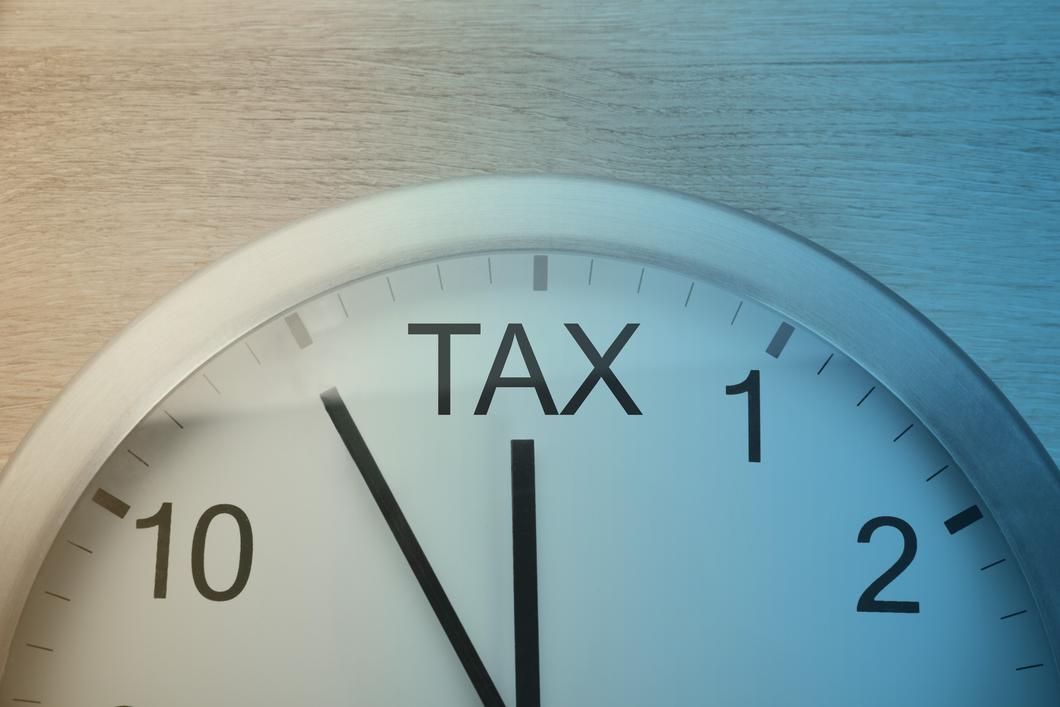Provision due to coronavirus not accepted in 2019 financial statements

Due to the COVID-19 pandemic, provisions for the permanent prosperity of the company are possible, and in some cases even necessary under commercial law in the 2019 annual financial statements. For tax purposes, however, the acceptance of such provisions cannot yet be expected.
Due to the COVID-19 pandemic, provisions for the permanent prosperity of the company are possible, and in some cases even necessary under commercial law in the 2019 annual financial statements. For tax purposes, however, the acceptance of such provisions cannot yet be expected.
Previous assessment practice - provisions rejected
In accordance with the current assessment practice of the cantonal tax authorities, provisions for the long-term prosperity of the company are generally not taken into account. They do not represent expenses justified by business. According to current practice, such provisions permitted under commercial law are not accepted for tax purposes and are offset accordingly. This practice is also reflected in the analysis of the Swiss Tax Conference (SSK) on the "new" accounting law updated as of 5 February 2020 (available only in German).
Year 2020 new starting position, unchanged practice?
The Canton of Schwyz has already communicated in recent days that it does not wish to accept such provisions in connection with COVID-19 for tax purposes: " Coronavirus (COVID-19): No special provisions in the 2019 financial statements " is the keyword of the update of 2 April 2020.
Similar scenario already after discussion in 2015
The discussion on the tax acceptance of provisions permitted under commercial law was already heated in the year in which the minimum euro exchange rate was abolished (January 2015). At that time, many companies wanted to make corresponding provisions in their 2014 financial statements. At that time, the tax authorities clearly rejected the tax recognition of such provisions.
Pressure from the business side is increasing
On 16 March the Federal Council declares the extraordinary situation to protect the population. The shutdown leads to existential fears for many companies. The pressure for emergency aid on the part of the economy is increasing. The Federal Council pragmatically puts together aid packages. It cannot therefore be ruled out that tax practices will also change. Political intervention could lead to this, but political discussion would certainly be desirable.



